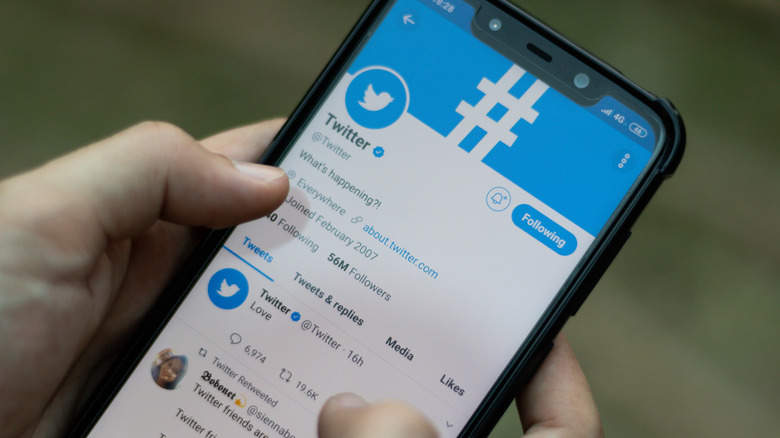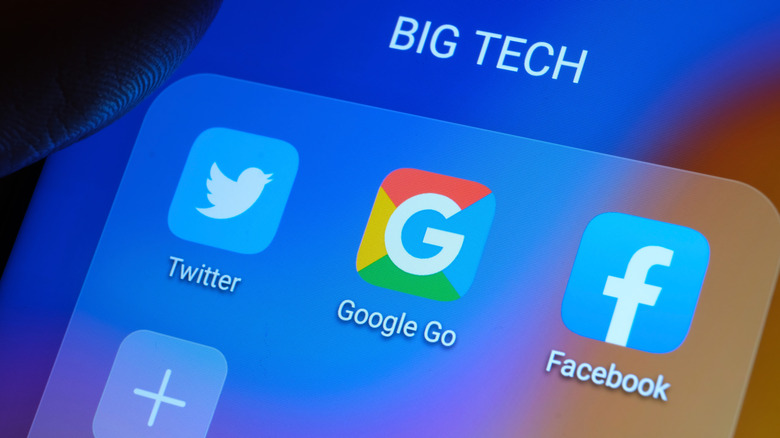Use It Or Lose It: Old Twitter Accounts May Soon Be Deleted
Responding "definitely" to a suggestion from Erich Rusch about deleting inactive and abandoned Twitter accounts, Elon Musk seems to confirm that many profiles may face deletion faster than they did under previous management. Rusch's motivation for making the request was evidently the proliferation of appealing Twitter handles attached to inactive or sporadic accounts.
Obviously, this problem is far from unknown. A more deliberately malicious version is as old as the WWW protocol itself: cybersquatting. Legally, cybersquatting means using a domain name to profit from someone else's trademark (via Cornell University). A bad actor might scoop up a URL using the name of a company's most popular product, or a politician likely to run for office and the year they're likely to do so, in order to force the original trademark holder to buy the page at a steep markup.
Cybersquatting and its close cousin typosquatting (snagging a page identical to a popular URL except for a common spelling mistake) are relatively easy to pin down in website design. Social media makes things messier, though.
Death, digital and otherwise
In short, there are a number of situations where the original user of a social media service might temporarily or permanently pause activity on their page, but their account might still hold value. As an example, look at memorial pages. Facebook pioneered the idea of turning profile pages into memorials when users pass away. Despite a few bumps along the way, the memorial page concept has proven popular and is still widely used on the service. All that's required is a designated legacy contact who can initiate turning a profile into a memorial and work with Facebook on any future issues. That person is given a few basic editing rights, but otherwise, the page largely remains static.
Of course, a sweeping deletion of inactive Twitter accounts would also affect the accounts of people who have died. Many social media users would object to that, viewing memorial pages as valuable parts of their digital experience in spite of their superficial lack of activity. Twitter previously gestured at launching some variety of memorial pages for its own users (via NPR). That said, it's been two years and that feature is still missing. At present, the only option Twitter offers loved ones for a deceased or incapacitated person's account is to deactivate it. For users concerned that inactive but valuable accounts might vanish, reopening discussion on the memorial page paradigm might offer a starting point to preserve accounts they care about. For everyone else, you may want to start using your old Twitter account again if you don't want to lose it.

